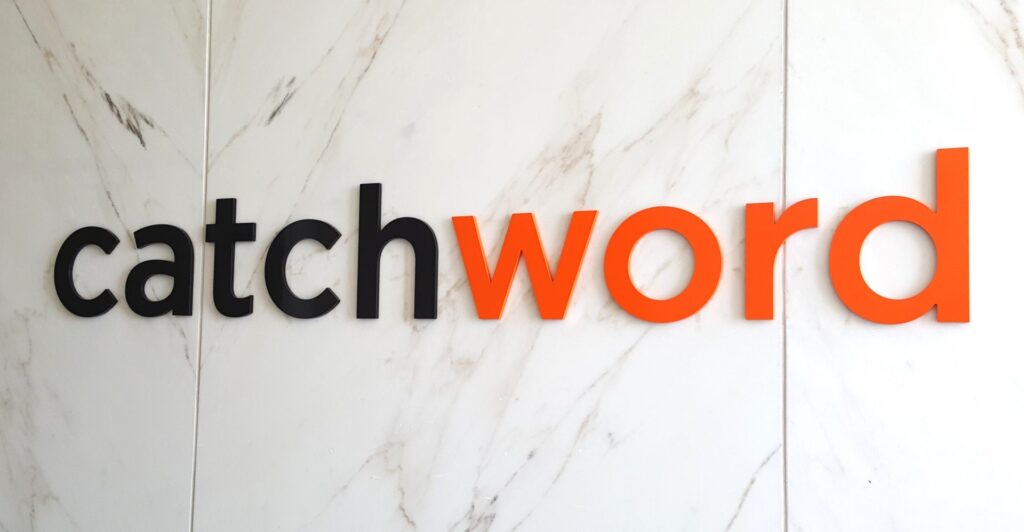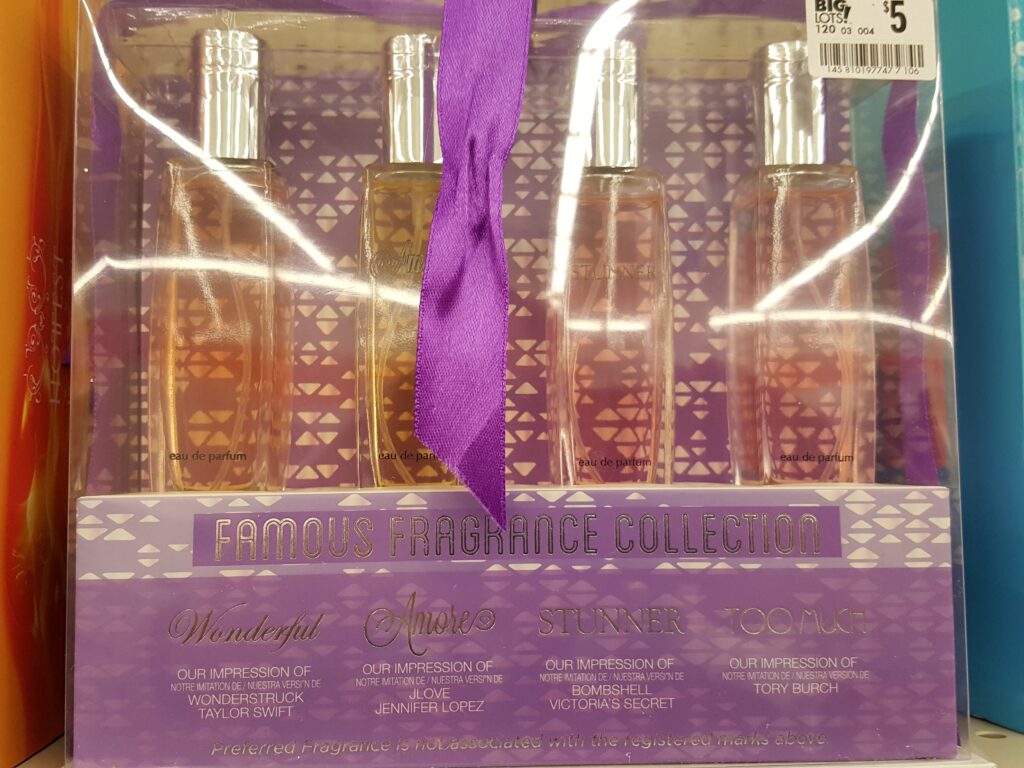This guest post is by Steven Price of Tessera Trademark Screening.
It’s not always easy to explain why a favorite brand name candidate might not be as unique as we think. For example, isn’t CLOUDBANKS different enough from the mark FOGBANK for the same goods? No, it’s not.
Before time and money is spent on the opinion of a trademark attorney, it’s good to remember that when goods are identical, a lesser degree of similarity in the marks is needed to support a finding of likely confusion.
Arguments such as CLOUDBANKS vs. FOGBANK typically take years to resolve and will cost each party more than half a million dollars to argue.
A quick, thorough, and intelligent preliminary trademark screen helps clients avoid this kind of trouble and gets the names most likely to be available to the more expensive full trademark clearance process.
Even when there’s a difference in appearance and sound between CLOUDBANKS and FOGBANK, The Trademark Trial and Appeal Board will be primarily concerned with the meaning of the marks to the prospective purchasing public.
The TTAB will consider dictionary definitions of “fog,” “cloud,” and “bank” to determine if the marks are similar. Trademark attorneys may submit so-called “negative” dictionary evidence: i.e., pages from two dictionaries in which the term “cloudbanks” is not listed; or offer excerpts from printed publications, showing that “fog” and “cloud” and “fogbank” and “cloudbank” are sometimes used interchangeably and have similar or the same connotations and commercial impressions.
Although the TTAB may be convinced there are technical distinctions between the two words, they will be most interested in what the ordinary meaning and usage of the two words are in the minds of ordinary consumers who are not experts in meteorological terms.
In the case of CLOUDBANKS and FOGBANK, the ordinary meaning and usage of the two words was be found to be so close as to render the marks similar in the minds of ordinary consumers. The meaning of the two names outweighs any differences in appearance and sound. CLOUDBANKS and FOGBANK are too similar to be put on the same product.
Another recent case where two names were not as unique as their owners thought was ITOWNS for general circulation newspapers and related websites and the mark IVILLAGE for newsletters and websites concerning various issues, including health, astrology, and fitness. The TTAB found these two names likely to cause confusion with ordinary consumers.
Many factors influence how similar brand name candidates may be to other marks. The overall impression of a name on consumers is just one of them. It’s a good one to remember when it’s time to explain why a favorite name might not be the best name to send to the lawyers.





